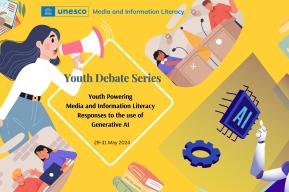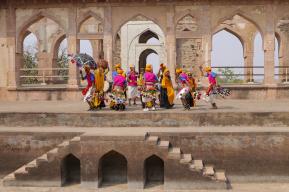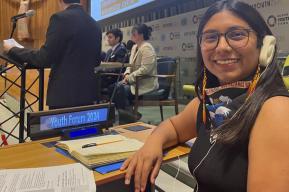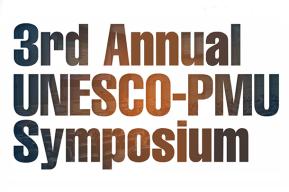News
Exploring the potential of social sciences research in the Arab region
With the aim to reflect, debate, and support social sciences research in the Arab region, UNESCO, in partnership with the Arab Council for Social Sciences (ACSS), Latin American Council of Social Sciences (CLACSO), and the International Social Sciences Council (ISSC), organized roundtables to highlight two essential global priorities: "Inequalities and Social Justice in the Post-2015 Agenda" and “Bringing Youth into the Social Sciences”.
Held over the period of two days from 14 to 15 March 2015, in Crowne Plaza Hotel, Beirut, Lebanon, this activity comes as part of the 2nd conference of the Arab Council for Social Sciences on the theme of “Questioning Social Inequality and Difference in the Arab Region”. Speakers from UNESCO, CLASCO, and the ISSC addressed researchers and members of the Arab Council to inform them on the work conducted by UNESCO under the aegis of the Management of Social Transformations (MOST) Programme related to the Post-2015 Development Agenda.
Dr. Pedro Monreal Gonzalez, Programme Specialist in Social and Human Sciences, emphasized the expected contribution of social science research in evidence informing policy making within the Post-2015 Development framework, to achieve sustainable development goals (SDGs). Dr. Fadia Kiwan, Professor of Political Sciences at Saint Joseph University and the member of the international advisory committee for the MOST programme, pointed out how conflicts are directly reversing the development efforts and widening the gaps of social equalities within and among the states.
Participants also discussed the preparation of the 2015 World Social Science Forum ( to be held in Durban, South Africa, from 13 to 16 September 2015), as well as the planning of the 2016 World Social Science Report (WSSR).
With increasing levels of severe poverty, repression, conflict, displacement and military occupations, structures of inequality continue to deepen on the global, regional and local levels, while social and cultural differences start to raise issues of discrimination and inequity. As a reaction, intensifying forms of global and local protests, movements, insurgencies and resistance emerged.
Considering the limited literature and analysis exploring the varied manifestations and consequences of social inequalities and social difference in the Arab region, these roundtables and the conference of the Arab Council for Social Sciences constitute a considerable attempt to particularly investigate the Social Science knowledge production in the Arab region.







